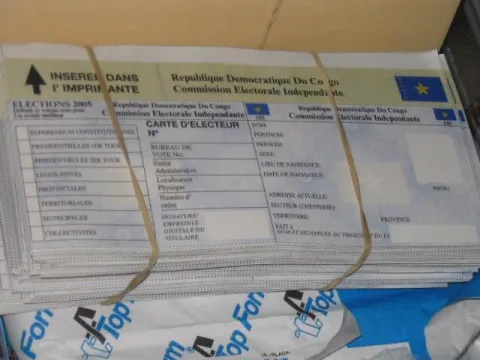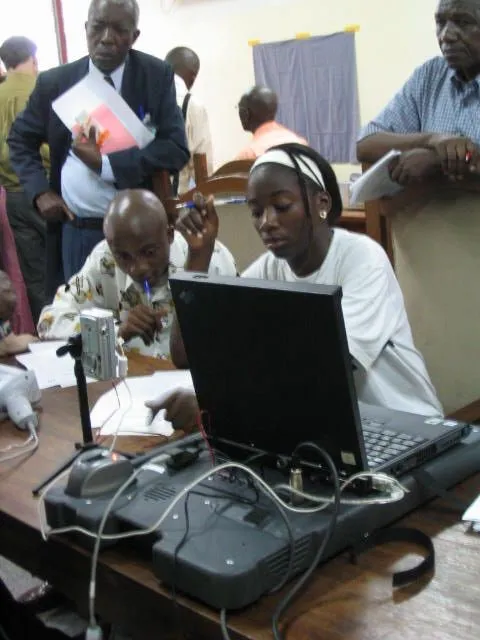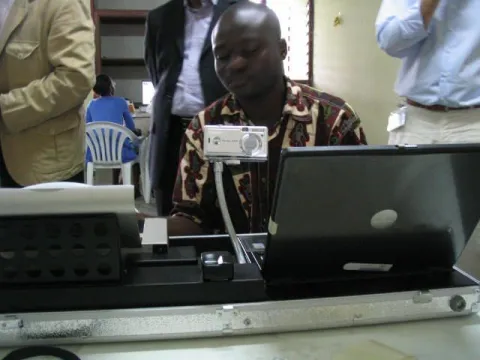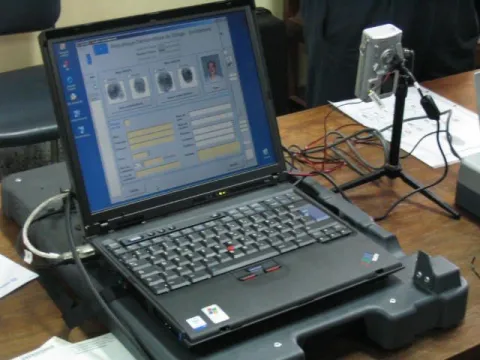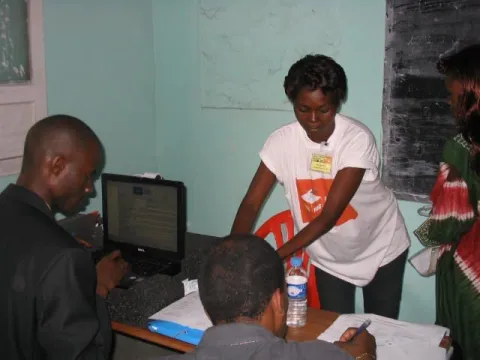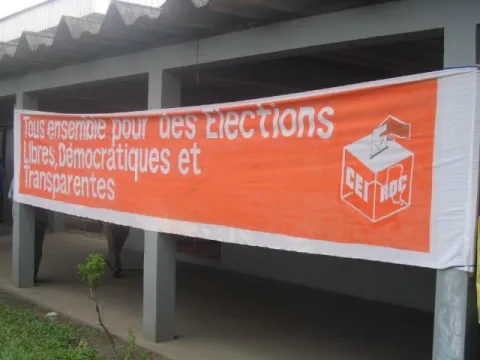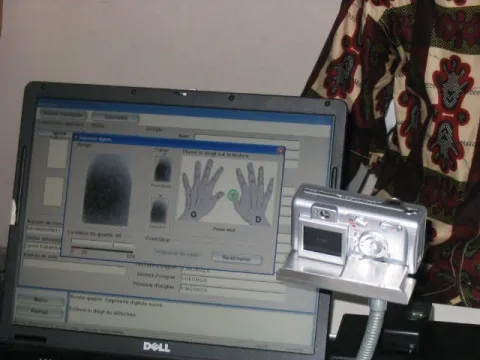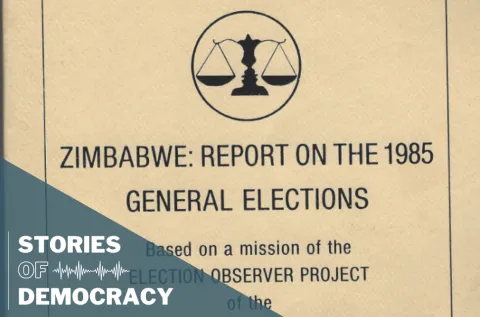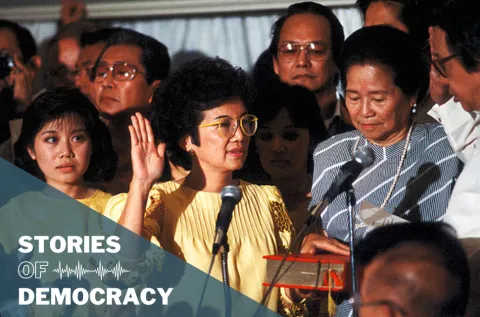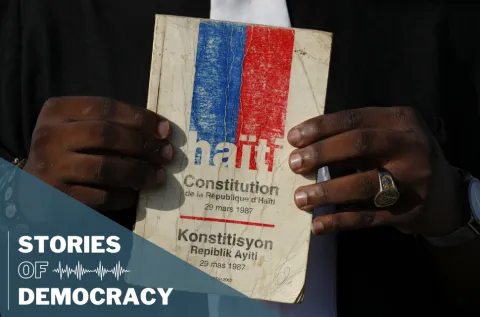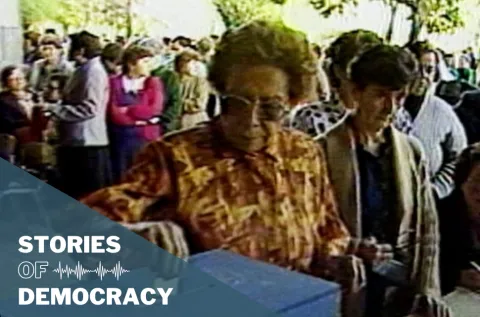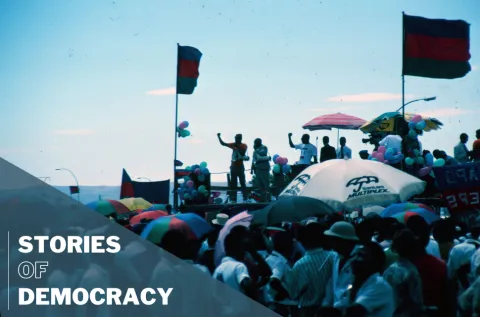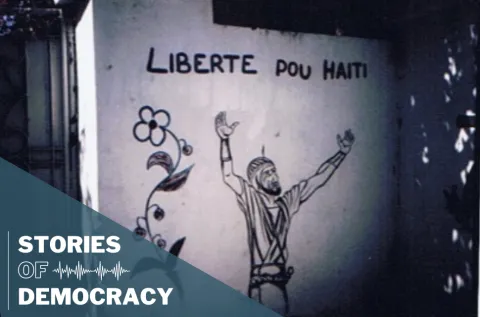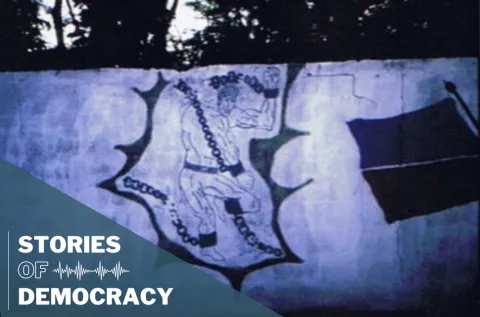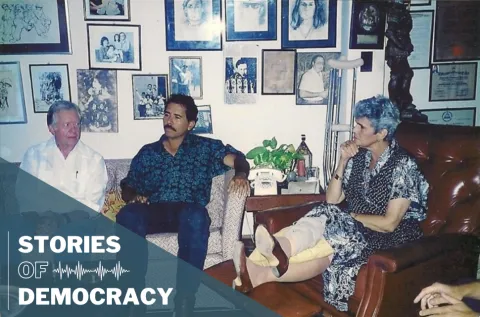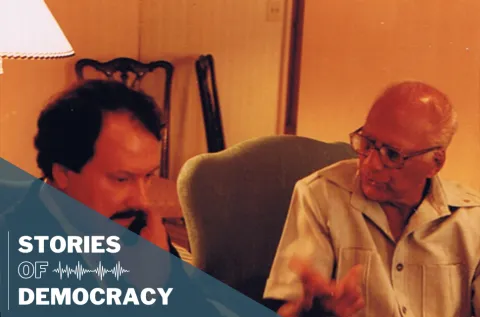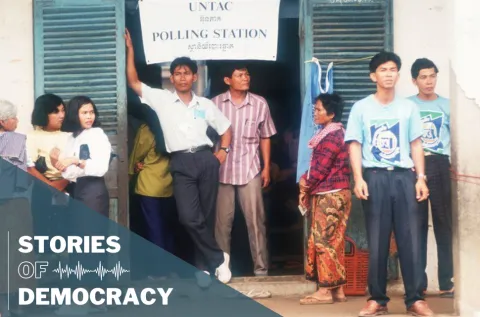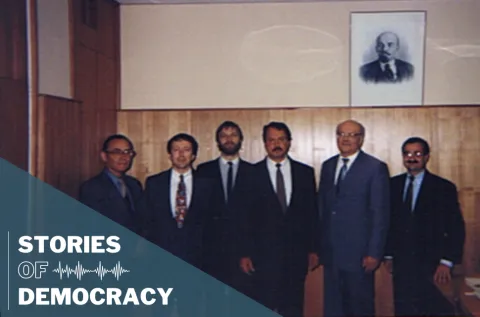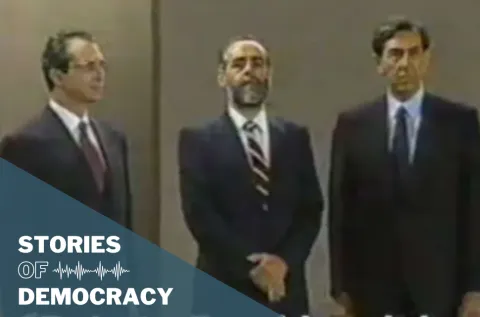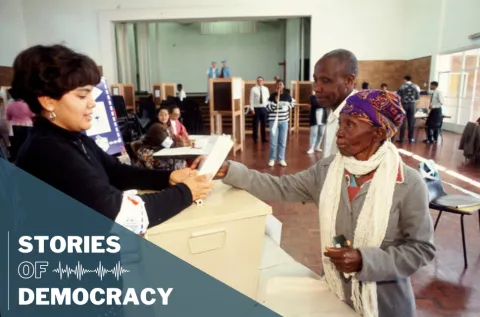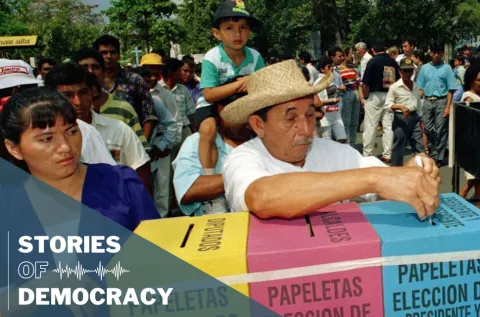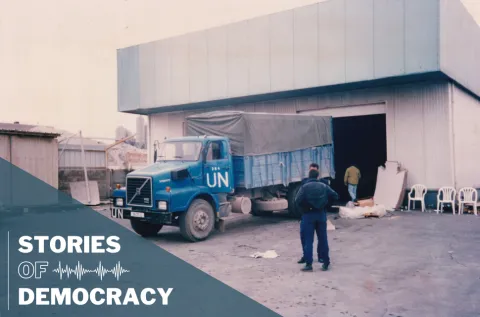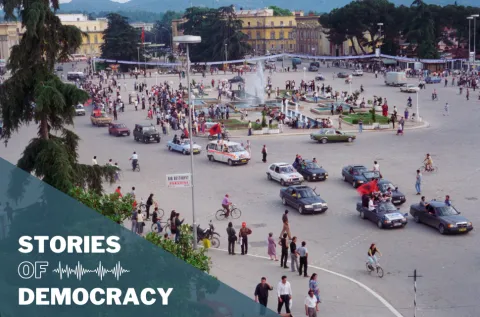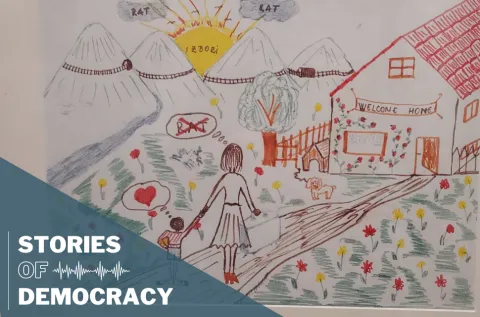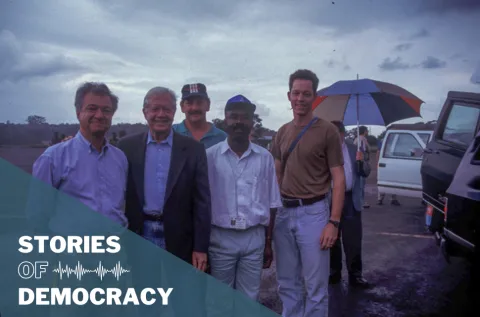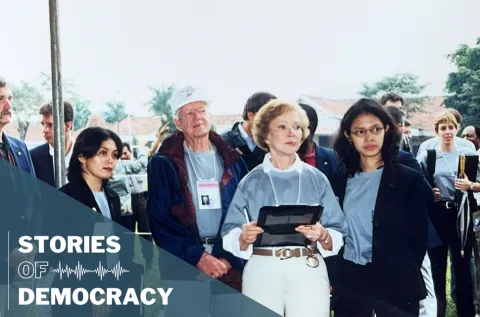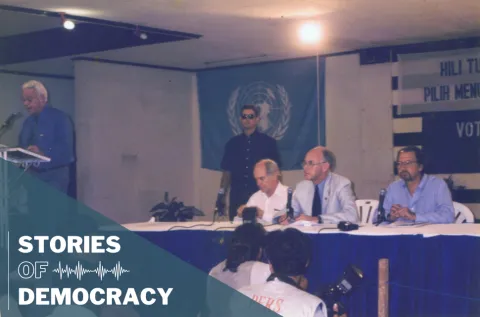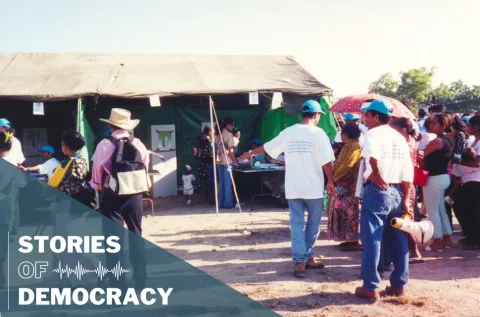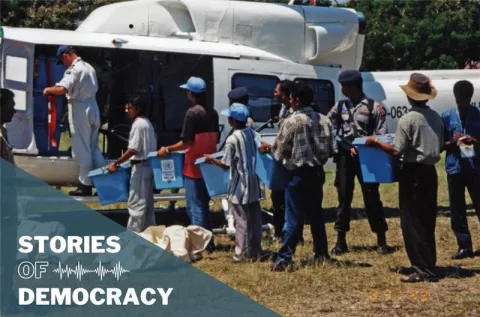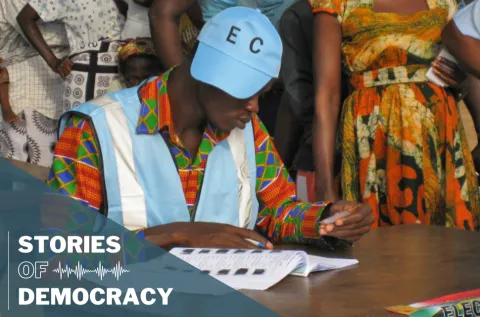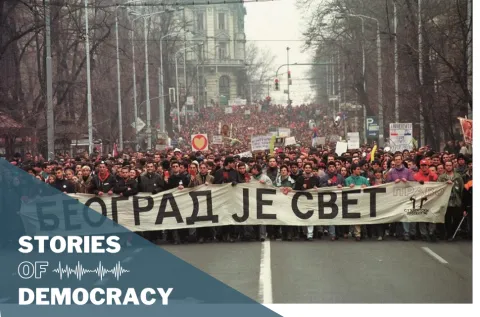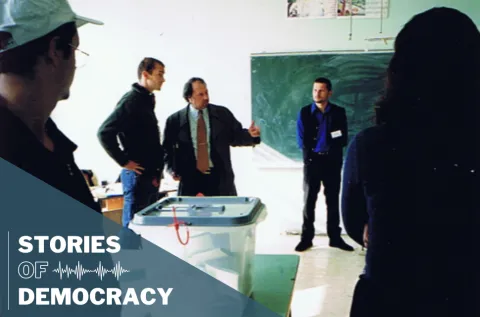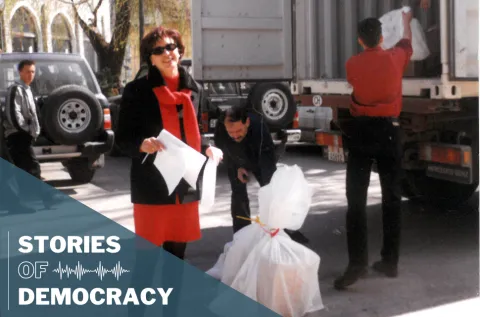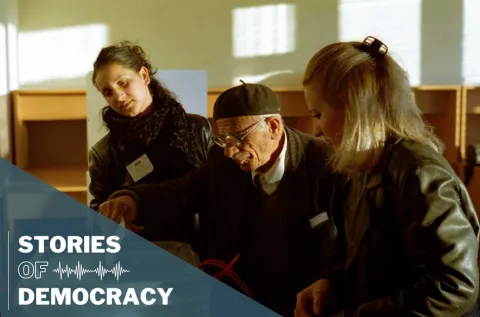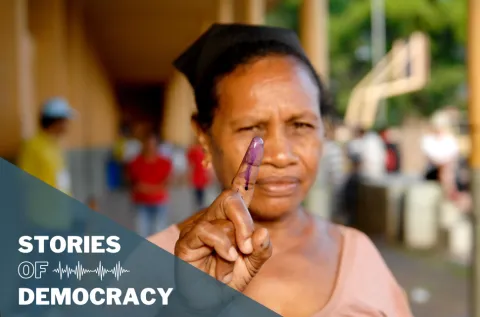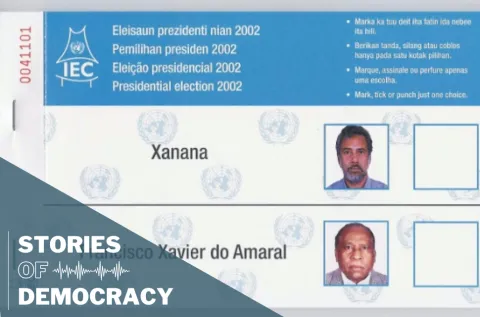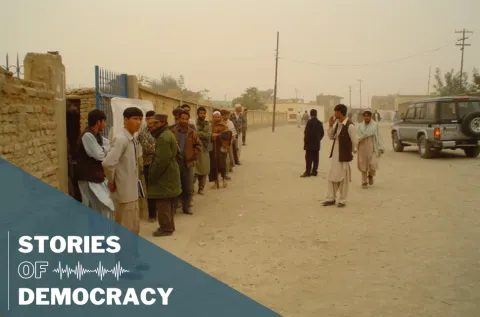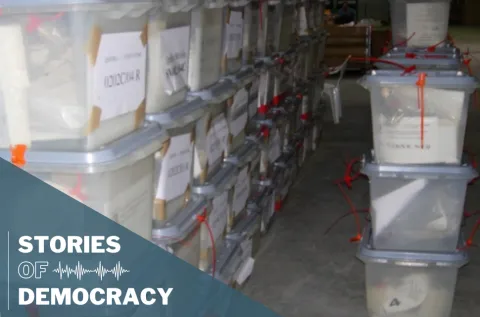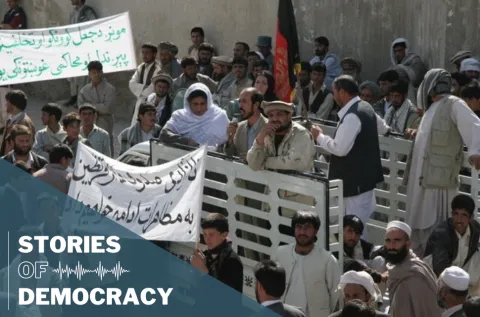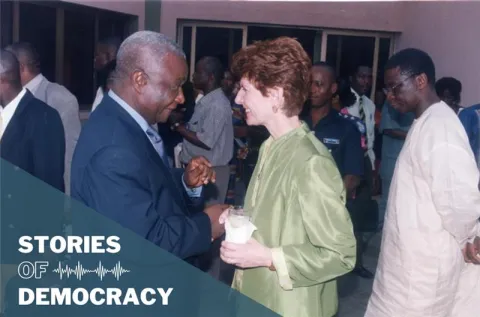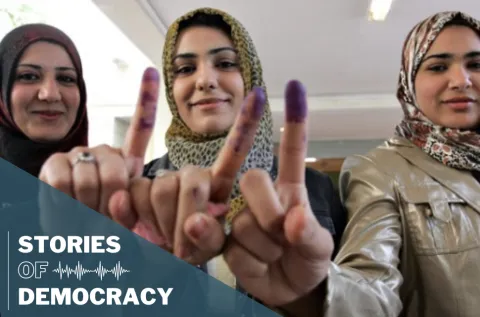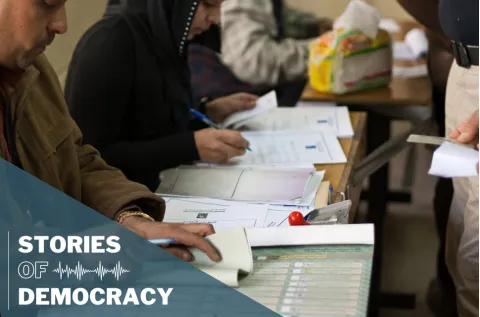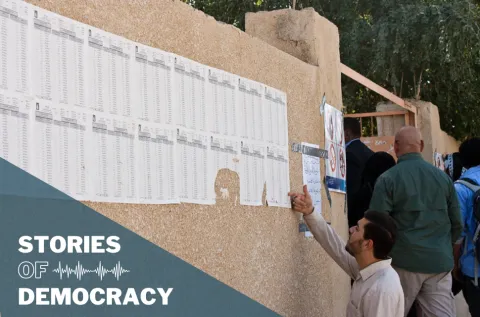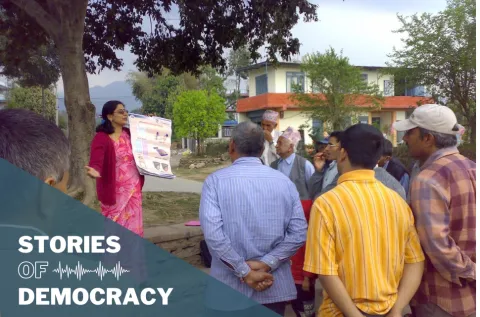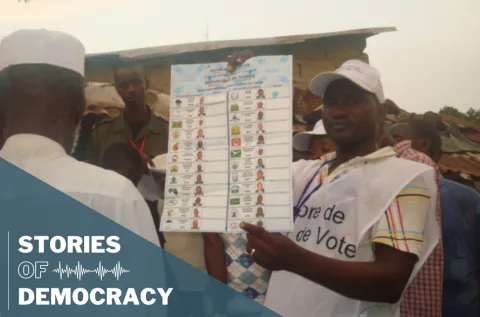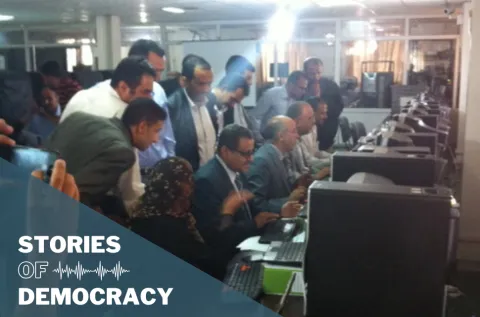Democratic Republic of the Congo - 2006 - General Election
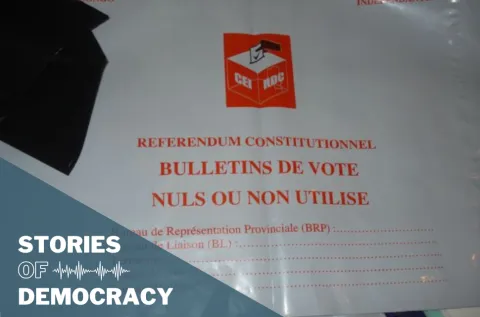
The 2006 Democratic Republic of the Congo (DRC) elections were the country's first multiparty elections in over four decades, marking a major milestone in its transition to peace after years of conflict. Following the overthrow of Mobutu Sese Seko in 1997, who had ruled the DRC (then Zaire) autocratically for over 25 years, the country faced political instability, ethnic and tribal violence, and armed conflict over disputed territories involving various militias and the armies of the DRC, Rwanda, and Uganda. By 2004, the Pretoria Accord between the conflicting nations and the establishment of a transitional government led by Joseph Kabila—who became president after his father, Laurent-Désiré Kabila, was assassinated in 2001—enabled the DRC to plan elections. Supported by the United Nations Mission in the DRC (MONUC) and international donors, these elections aimed to establish legitimate governance.
In 2005, 84% of voters approved a new constitution, paving the way for presidential elections the following year. In the July 2006 presidential race, no candidate won an outright majority in the first round, leading to an October runoff between incumbent President Joseph Kabila (independent) and Vice President Jean-Pierre Bemba of the Movement for the Liberation of the Congo (MLC). Due to the country's vast size and rural population, there were significant delays in counting and reporting the results. The Independent Electoral Commission (CEI) eventually reported Kabila's victory with about 58% of the vote. Although there were tensions and violence, particularly between the supporters of the two candidates, international observers largely deemed the elections credible. Bemba rejected the results, alleging irregularities, but the DRC Supreme Court confirmed Kabila's victory in November 2006.
Fabio Bargiacchi, founder and director of the European Center for Electoral Support, played a key role in the international support provided to the DRC from 2004 to 2006 to set up and conduct its elections. In a recording, Fabio explains the critical aspects of voter registration in the DRC, emphasizing that accurate and transparent voter registration was essential for a vast and polarized country to conduct credible elections and build public trust in the results. He details the efforts and challenges involved in deploying 10,000 biometric voter registration kits across over 3,000 locations nationwide. This large-scale operation became a successful case study, providing a model for implementing biometric voter registration in Africa and contributing significantly to the delivery of transparent elections in the DRC for the first time in forty years.
A video recording of the interview can be found here.
